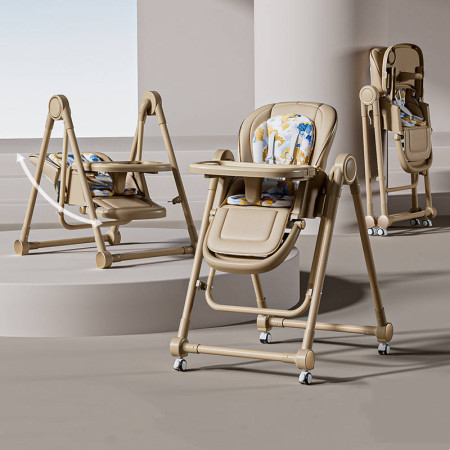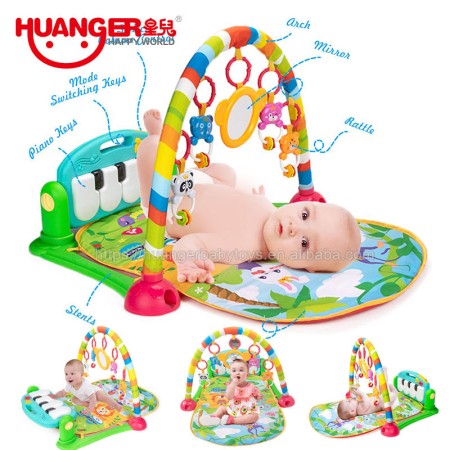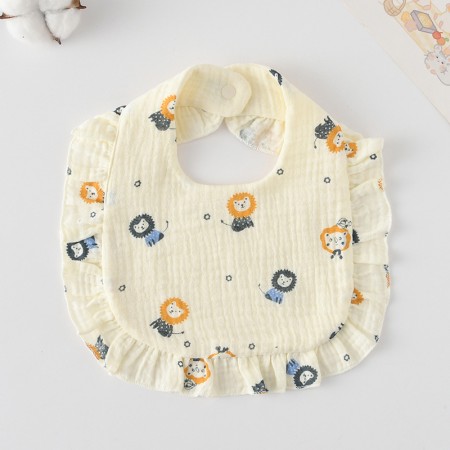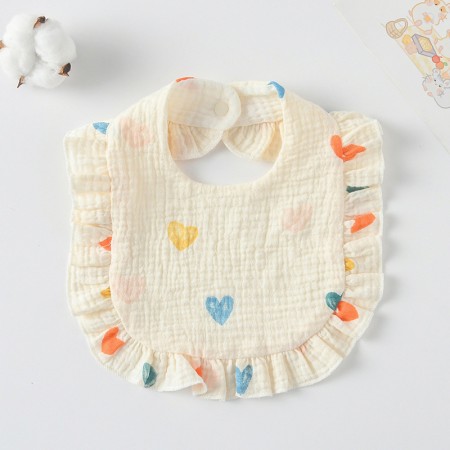
Becoming a new mom can be an exciting and overwhelming experience. Among the many things you have to consider is the journey of nursing your newborn. Nursing is not only a bonding experience but also a critical aspect of your child's growth and development. However, as a new mom, navigating through the world of nursing can be challenging, especially if it's your first time. But don't worry; with the right nursing essentials, you can make the journey smooth and comfortable. In this blog post, we will discuss all the nursing essentials that new moms need to know.
Nursing Bras:
A nursing bra is a must-have for any new mom. Unlike regular bras, nursing bras are designed with a clip-down feature that allows easy access to the breast for nursing. They are also made from soft and comfortable materials to prevent chafing and discomfort. When buying a nursing bra, ensure that it fits correctly and offers enough support.
Breast Pads:
Breastfeeding can cause leaks, and breast pads can help prevent embarrassing situations. There are two types of breast pads, disposable and reusable. Disposable pads are convenient as you can dispose of them after use, while reusable pads are eco-friendly and can be used multiple times. Regardless of the type you choose, ensure that they are comfortable, absorbent, and fit properly.
Nursing Pillow:
A nursing pillow is designed to provide support and comfort during breastfeeding. It helps elevate your baby to the correct height, preventing back and neck strain. Nursing pillows also help ensure proper positioning, allowing your baby to latch correctly. When choosing a nursing pillow, look for one that is firm, supportive, and easy to clean.
Breast Pump:
A breast pump is an essential tool for nursing moms. It allows you to express milk and store it for later use. Breast pumps come in two types, manual and electric. Manual pumps are affordable and portable, while electric pumps are efficient and save time. When choosing a breast pump, consider your budget, lifestyle, and breastfeeding goals.
Nursing Cover:
While breastfeeding in public is legal, some moms may feel uncomfortable doing so. A nursing cover provides privacy and discretion while nursing in public. Nursing covers come in different styles, such as aprons, scarfs, and shawls. When choosing a nursing cover, consider one that is easy to use, breathable, and offers enough coverage.
Nipple Cream:
Breastfeeding can cause sore and cracked nipples, and nipple cream can help alleviate the pain. Nipple creams are designed to soothe, moisturize, and protect the nipples from irritation. They are safe for both mom and baby and can be used multiple times a day.
Nursing Bra Pads:
Nursing bra pads are designed to prevent leaks and keep your nursing bra clean. They are placed inside the nursing bra and absorb any milk that leaks from the breast. Nursing bra pads come in different shapes and sizes, and you can choose one that fits your bra correctly.
In conclusion, nursing your newborn can be a beautiful experience with the right nursing essentials. Nursing bras, breast pads, nursing pillows, breast pumps, nursing covers, nipple cream, and nursing bra pads are some of the essential items you will need. When shopping for nursing essentials, consider comfort, functionality, and affordability. With these tips, you can make your nursing journey smooth and enjoyable.
F.A.Q.
Q. What are some essential nursing supplies for new moms?
A: Essential nursing supplies for new moms include a good quality breast pump, nursing bras, nursing pads, nipple cream, and nursing pillows.
Q. How often should I breastfeed my newborn?
A: It is recommended that newborns be breastfed at least 8 to 12 times per day, or as often as they show signs of hunger.
Q. What can I do to prevent sore nipples while breastfeeding?
A: To prevent sore nipples while breastfeeding, ensure that your baby is latching on properly, vary your breastfeeding positions, avoid tight clothing or bras, and use nipple cream.
Q. How long should I breastfeed my baby?
A: The American Academy of Pediatrics recommends exclusive breastfeeding for the first six months of a baby's life, followed by continued breastfeeding alongside the introduction of solid foods until at least 12 months of age.
Q. Can I still breastfeed if I have inverted nipples?
A: Yes, it is still possible to breastfeed with inverted nipples. However, it may be helpful to work with a lactation consultant to learn proper techniques and find the right nursing aids such as nipple shields.
Q. Should I buy a manual or electric breast pump?
A: The choice between a manual or electric breast pump depends on individual needs and preferences. Electric pumps are usually faster and more efficient, but manual pumps can be more affordable and easier to use on the go.


-450x450.png)
-450x450.jpeg)




